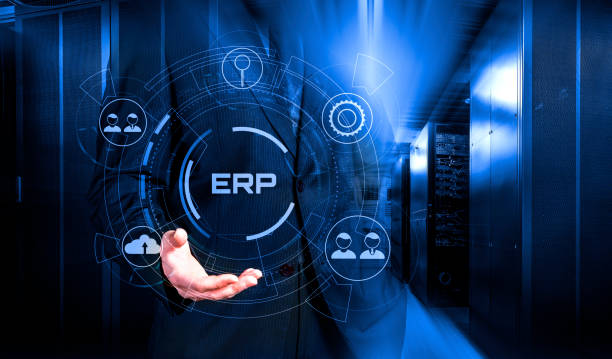Generally, Oracle Cloud ERP was elaborated to improve business processes and operations that vary significantly from one company to another. This way, one version of Enterprise Resource Planning might differ from others. Apart from that, companies can refer to a custom platform of this software to implement those features that are truly necessary, but either ERP solution will anyway perform a few of the basic functions. In this article, we will discover a couple of primary functions of ERP.
An ERP system at the glance
Enterprise Resource Planning, or ERP, is a type of software that businesses utilize to manage all the daily business processes and operations. This concerns supply chain management, accounting, manufacturing, customer relationships management, project management, compliance, enterprise performance management, etc. By implementing an ERP system, corporations can collect data from many sources without duplicating it. It also helps for faster finding and reporting necessary information within the organization and makes some insights in business performance and resource spending.
In short, an ERP solution tends to cover multiple business operations. Enterprise Resource Planning offers databases, integrated systems, support for all business applications with common user interface, application deployment on hosted clouds or on-premises facilities, real-time operation, and more. The types of ERP systems typically involve on-premises, cloud-based, and hybrid software.
What are the basic functions of an ERP system?
1. Human Resources Management
Many business owners understand how hard it is sometimes to manage all the data related to the employees, and an ERP solution is designed to simplify this process. Out-to-date ERP software helps enterprises track workers` performance and reward success, reveal potential human resources issues and evaluate their efficiency. Corporations can take advantage of Human Resource Management in ERP to concentrate on the workers’ power for success.
2. Accounting Management
The first platforms of the ERP systems were designed for business accounting, but the list of accounting options has expanded over time. This ERP function assists enterprises in tracking current and upcoming situations with numbers, and managing the company’s money. Moreover, Accounting Management is needed to organize all the information and prepare analytics to gain the required knowledge about business accounting.
3. Customer Relationships Management
Before discovering the function of ERP related to customer relationships, we would like to say that it is not a secret that good relationships with the audience are key to success. Enterprise
Resource Planning works to establish relationships with your potential clients and direct all the team’s efforts for improving the connection between customers and a company.
A reliable ERP solution is also helpful to perform all the orders quickly and check up on the volumes of clients. The better is your connection with potential clients, the stronger is the market edge of your corporation.

